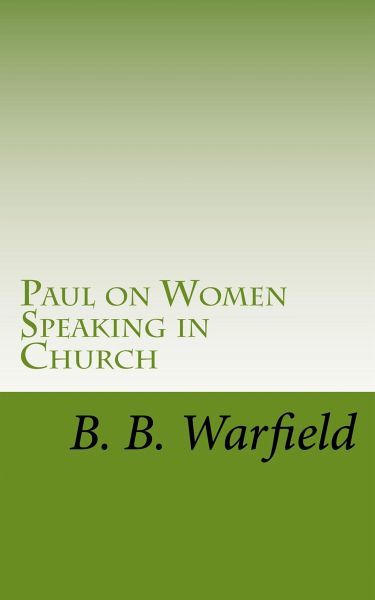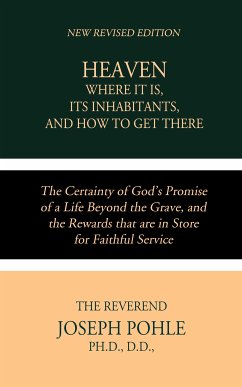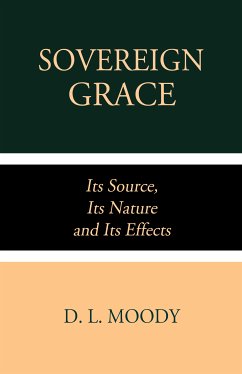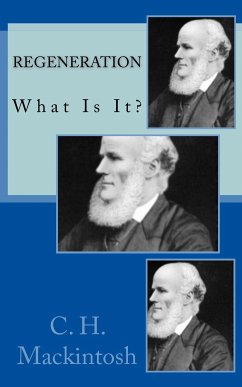
Paul on Women Speaking in Church (eBook, ePUB)

PAYBACK Punkte
0 °P sammeln!
I have recently received a letter from a valued friend asking me to send him a "discussion of the Greek words ¿ä¿¿ (laleo) and ¿¿¿¿ (lego) in such passages as I Cor. 14: 33-39, with special reference to the question: Does the thirty-fourth verse forbid all women everywhere to speak or preach publicly in Christian churches?" The matter is of universal interest, and I take the liberty of communicating my reply to the readers of The Presbyterian. It requires to be said at once that there is no problem with reference to the relations of ¿ä¿¿ (laleo) and ¿¿¿¿ (lego). Apart from nice...
I have recently received a letter from a valued friend asking me to send him a "discussion of the Greek words ¿ä¿¿ (laleo) and ¿¿¿¿ (lego) in such passages as I Cor. 14: 33-39, with special reference to the question: Does the thirty-fourth verse forbid all women everywhere to speak or preach publicly in Christian churches?" The matter is of universal interest, and I take the liberty of communicating my reply to the readers of The Presbyterian. It requires to be said at once that there is no problem with reference to the relations of ¿ä¿¿ (laleo) and ¿¿¿¿ (lego). Apart from niceties of merely philological interest, these words stand related to one another just as the English words speak and say do; that is to say, ¿ä¿¿ (laleo) expresses the act of talking, while ¿¿¿¿ (lego) refers to what is said. Wherever then the fact of speaking, without reference to the content of what is said, is to be indicated, ¿ä¿¿ (laleo) is used, and must be used. There is nothing disparaging in the intimation of the word, any more than there is in our word talk; although, of course, it can on occasion be used disparagingly as our word talk can also-as when some of the newspapers intimate that the Senate is given over to mere talk.
Dieser Download kann aus rechtlichen Gründen nur mit Rechnungsadresse in A, B, BG, CY, CZ, D, DK, EW, E, FIN, F, GR, H, IRL, I, LT, L, LR, M, NL, PL, P, R, S, SLO, SK ausgeliefert werden.













